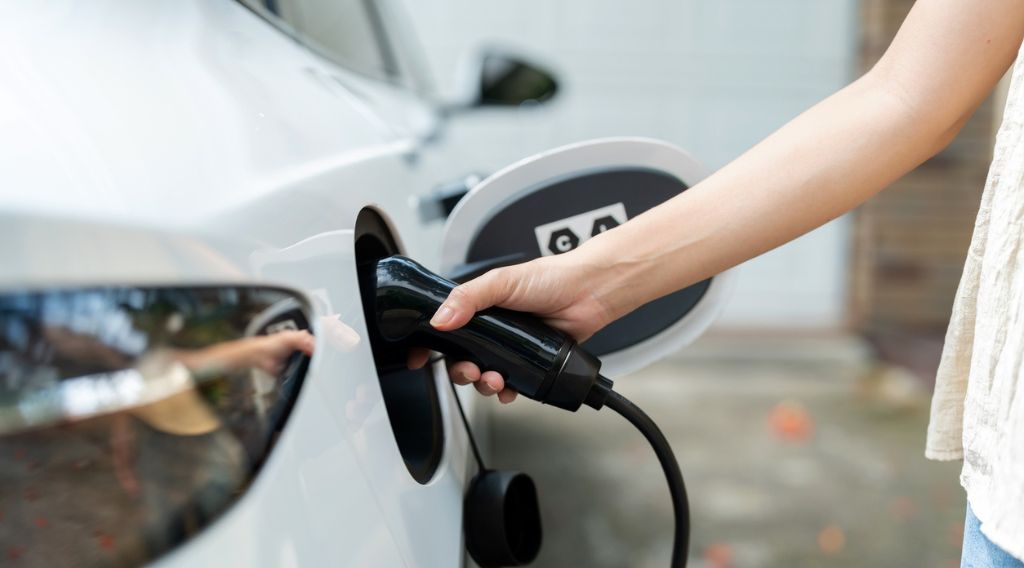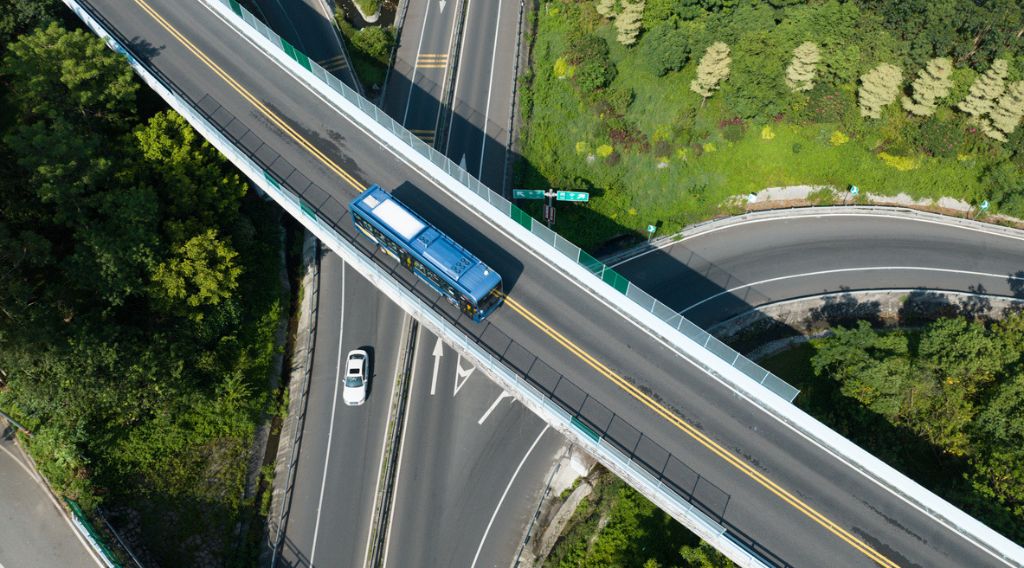
The Bioeconomy Coalition of Minnesota, facilitated by the Great Plains Institute, and the Natural Resources Research Institute are partnering to raise the profile of biochar in Minnesota. At its upcoming member meeting on November 23, 12:00-2:00 p.m. central, the Bioeconomy Coalition will feature a “Biochar in Minnesota Roundtable” with a panel of experts to talk about the opportunities and limitations of commercializing biochar in Minnesota.
This exciting discussion comes on the heels of the “Emerging Market Opportunities for Minnesota’s Forest Product Industry” white paper released by GPI in April 2020. In the paper, GPI highlighted that biochar, which is produced from thermally-processed wood, “holds potential as a soil amendment for improving the productivity of soils, preventing nutrient loss and water pollution, and storing carbon in soils.” Although much is still unknown about the potential long-term benefits of biochar, the Bioeconomy Coalition and NRRI are hoping to bring more awareness and attention to the subject.
The Bioeconomy Coalition welcomes guests at its upcoming member meeting on November 23 and encourages others to register. Bioeconomy Coalition meeting panelists will include the following:
- Ashley McFarland, Dovetail Partners
- Brian Barry, Natural Resources Research Institute
- Bridget Ulrich, Natural Resources Research Institute
- Jim Doten, City of Minneapolis
- Kurt Anderson, Minnesota Power
- Kurt Spokus, US Department of Agriculture Agricultural Research Service
The Bioeconomy Coalition of Minnesota brings together stakeholders across the state to collaborate and grow the industry along the entire value chain from research and development to production and use. The coalition aims to position Minnesota as a global leader in the bioeconomy by working together on a shared strategy. The Coalition is facilitated by the Great Plains Institute, a nonpartisan, nonprofit organization with a mission to transform the energy system to benefit the economy and environment. GPI combines a unique consensus-building approach, expert knowledge, research and analysis, and local action to find and implement lasting solutions. Learn more at http://mnbioeconomy.org/
The Natural Resources Research Institute delivers research solutions to balance our economy, resources and environment for resilient communities. Learn more at https://www.nrri.umn.edu/
This post originally appeared on the Bioeconomy Coalition website.


